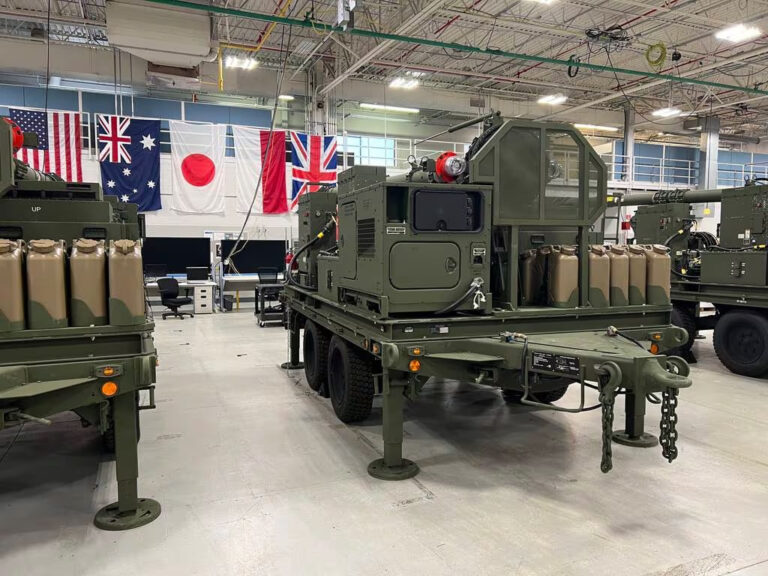The Greek armed forces are to link with local startups from which they can order advanced equipment and applications, according to draft legislation that will be opened to public consultation next week. The goal is for the Ministry of Defense to initially invest up to €100 million in innovation over a three-year period through a company it will set up.
When implemented, this company will be a departure from the ministry’s place as a passive consumer of technology that, moreover, has to order all systems, hardware and software, from abroad, leading to the bitter, and almost accurate, saying that “not even screws are built in Greece.”
Greece’’ belated move to embrace, and play an active role in innovation, is, needless to say, lagging Turkey’s recent progress, by leaps and bounds, in harnessing specialized research and creating companies to design and build system parts and software for weapons systems Turkey acquired abroad.
Thus, Turkey is now a major exporter of unmanned aerial vehicles (UAVs) – that is, drones – even to European Union countries, while Greece must import even the most elementary software, to say nothing of huge delays in hardware delivery from the local defense industries.
The innovation unit to be set up will aim to facilitate locally designed and developed solutions in artificial intelligence, cybersecurity and other software. Defense Minister Nikos Dendias and his aides have made this a priority.
The ministry is already looking for a property in the area around Omonia Square, in central Athens, where several startups are already operating. The location will provide a safe meeting space where defense officials can get to learn about the capabilities of startups and the entrepreneurs to learn about the needs of the armed forces.
The proposed innovation unit will not compete with the ministry’s General Directorate for Defense Investments and Armaments (GDDIA), which retains operational control over the acquisition of heavy weapons systems (aircraft, missile systems etc.) that account for 95% of the annual procurement budget.
Funding sources will include the Defense Ministry’s Innovation Fund, which receives 1% of the annual defense budget (about €20 million), the Hellenic Development Bank, the EU and NATO, and venture capital firms.
Source: Ekhatimerini.com







